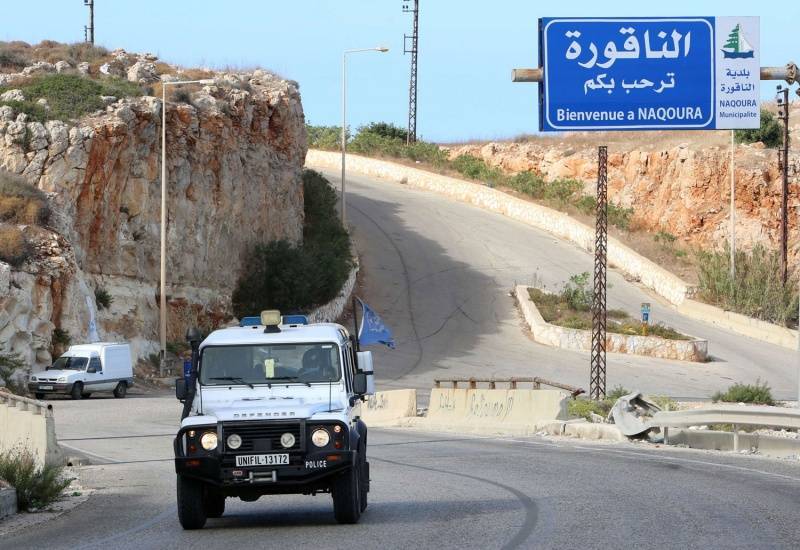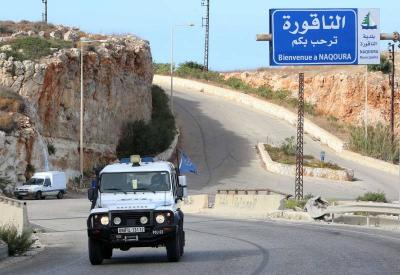The newspaper "Nidaa al-Watan" reported that a new mission of International Monetary Fund (IMF) experts is set to arrive in Beirut by the end of this month to resume negotiations with the Lebanese ruling mafia and the government on ways to liberate its citizens by urging them to formulate an action program with the fund "that could address the severe financial and economic challenges facing Lebanon," as emphasized by IMF spokesperson Jerry Rice yesterday. He confirmed the need for "intensive work in the coming period because Lebanon's challenges are deep and complex and will require time and commitment."
On the same "populist front," the current presidency and its bloc continue to ignite the fire in the fragile banking sector according to "a systematic roadmap" aimed at igniting financial and monetary "hell" under the feet of the people and depositors. Political sources assessed that the ongoing campaign of allegations led by the "Free Patriotic Movement" is intended to push banks to close their doors and spark chaos in the country, ultimately aiming for a social explosion that undermines the stability needed for the electoral process. This situation can be categorized as an "electoral cancellation war" waged by the head of the "Free Patriotic Movement," Gebran Bassil, to impose a chaotic status quo that achieves his goal of overturning the parliamentary election date on May 15 and linking it to the presidential elections in a single settlement package.
Yesterday, the Public Prosecutor of Appeal, Judge Ghada Aoun, escalated her campaign against bank owners and their boards, adding the chairman of the "Bank of Credit" to a series of travel bans and asset freezes, similar to previously issued measures against "Bank of Beirut," "Société Générale," "Med Bank," "Byblos," and "Lebanon & the Offshore." Additionally, she paralyzed the operations of "Fransabank" under a decision from the head of the execution department in Beirut, Judge Miriana Anani, which involved sealing its branches and vaults to recover a deposit from a Lebanese citizen.
In parallel, Aoun dealt a "fatal blow" to the Central Bank Governor Riad Salameh by arresting his brother Raja after he was interrogated and a remand warrant was issued against him on charges of illicit enrichment stemming from a report filed by the legal department of a group calling itself "Founders of Justice" against the Salameh brothers and a Ukrainian national for money laundering, illicit enrichment, and squandering public funds. This case was publicized through investigative reports in French newspapers addressing a "brokerage contract" with a company owned by Raja Salameh, where he received commissions for selling securities from the Central Bank, along with registering properties in France valued at approximately $12 million. In the evening, Aoun reiterated her intention to summon the Central Bank Governor for questioning on the same report, stating her commitment to call him, and threatening consequences if he does not appear again.
Amid the banking and financial turmoil that has contributed to the "rise" of the dollar exchange rate on the black market, the Association of Banks convened yesterday to discuss potential escalating actions in response to the judicial attack against them, primarily a "general strike" across Lebanon. However, sources within the meeting revealed a division of opinion among members regarding this action, with one faction supporting the strike and holding the government responsible for the resulting economic, financial, and social repercussions, while another faction expressed concern about the potential closure of banks, fearing it could lead to a "popular and social explosion" whose negative and catastrophic impacts on the country would be difficult to manage.
On another related note regarding the Lebanese situation, the UN Special Coordinator in Lebanon, Joanna Fronцелska, expressed, during her regular briefing to the Security Council on the implementation of Resolution 1701, concern about the "continuing social and economic deterioration and the suffering of the Lebanese people and the erosion of the public sector." This is alongside the absence of "a fair and credible economic and financial vision, sound financial management, tangible reforms in the electricity sector, an agreement with the IMF, an independent judiciary, good governance, and anti-corruption measures." Furthermore, the official's concerns extended to a clear warning in another part of the report regarding the "fragility of the relative calm between Lebanon and Israel," urging members of the Security Council to continue supporting the Lebanese army and all legitimate security institutions in Lebanon, noting the effects of the economic crisis on these institutions and "the role they play in providing security and stability during the upcoming electoral period."




